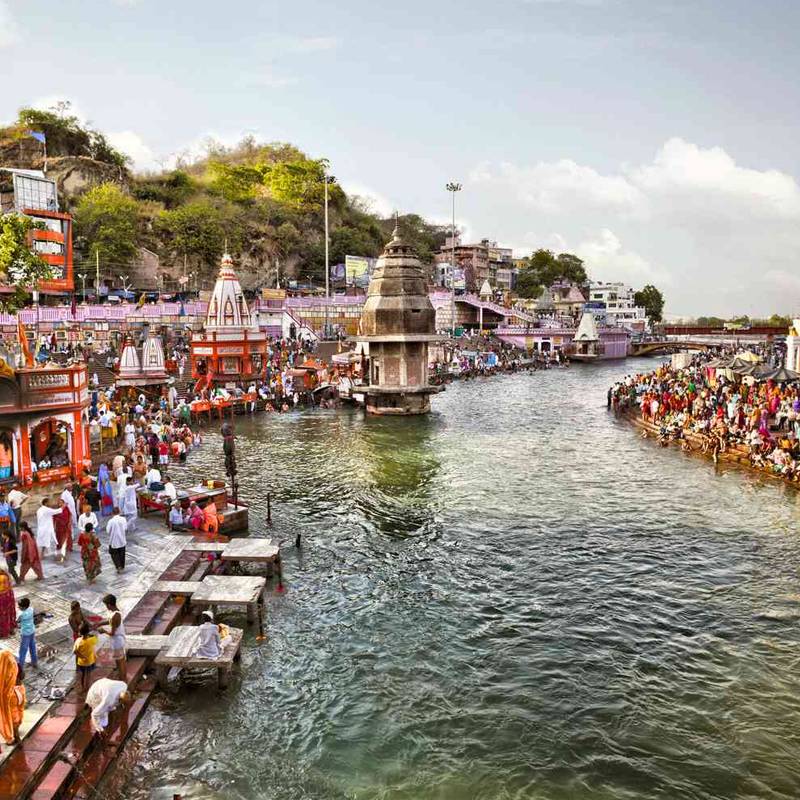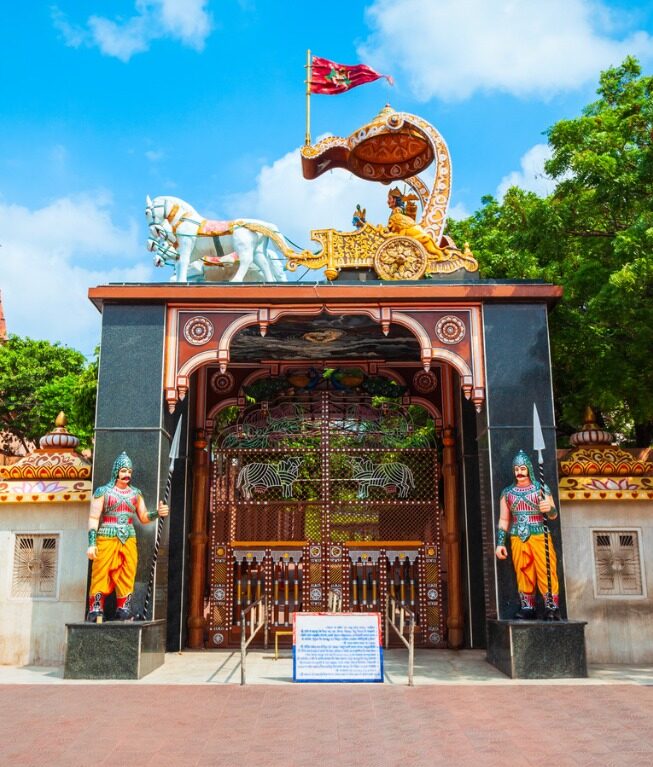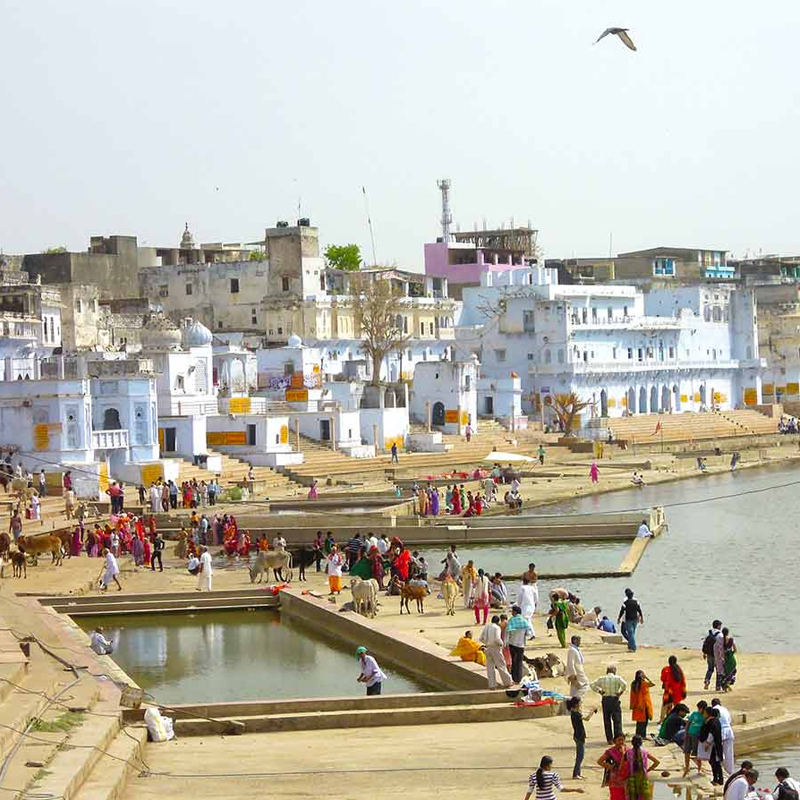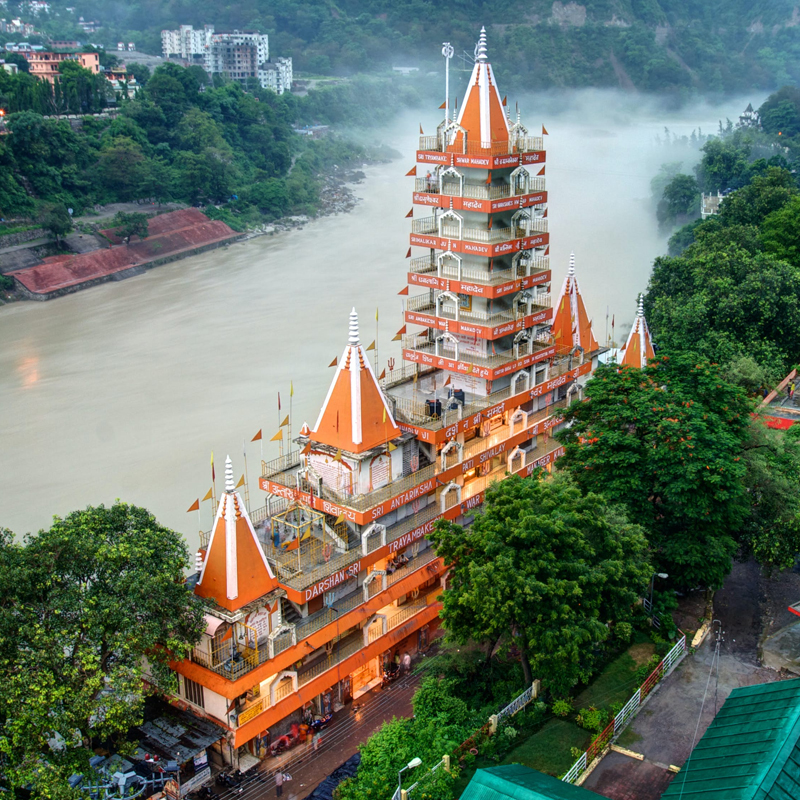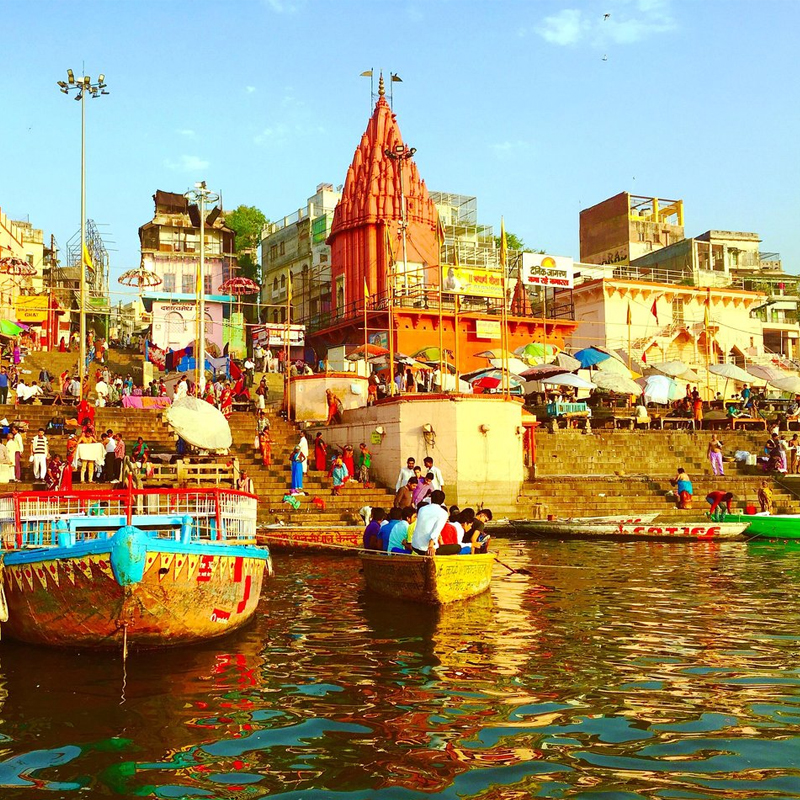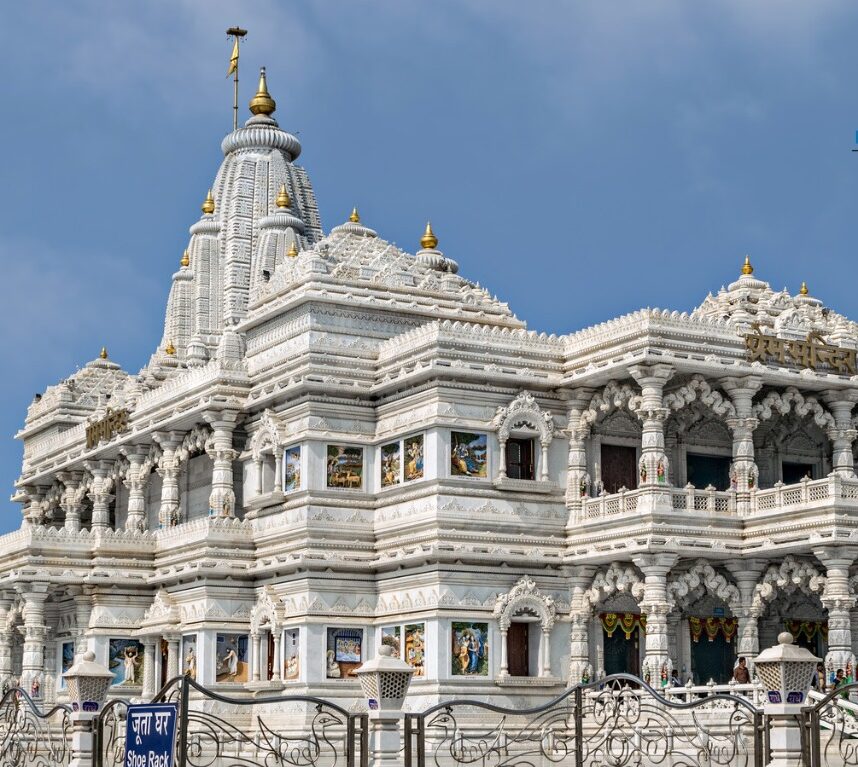What to Consider When Making Vacation Plans
Planning a vacation can be both exciting and overwhelming. To ensure a smooth and enjoyable trip, it’s essential to consider various factors during the planning process. Here’s a comprehensive guide on what to consider when making vacation plans.
1. Destination Selection
Interests and Preferences:
- Adventure: Mountains, trekking, water sports.
- Relaxation: Beaches, resorts, spas.
- Culture: Historical sites, museums, local festivals.
- Nature: National parks, wildlife sanctuaries, scenic landscapes.
Budget:
- Assess the cost of living and expenses in potential destinations.
- Consider exchange rates if traveling internationally.
Safety:
- Check travel advisories and local safety conditions.
- Research health precautions and necessary vaccinations.
2. Best Time to Visit
Weather:
- Research the climate and weather patterns of your destination.
- Choose a season that aligns with your preferred activities.
Crowds and Tourism Peaks:
- Avoid peak tourist seasons if you prefer less crowded places.
- Consider off-season travel for better deals and fewer crowds.
Local Events and Festivals:
- Plan your trip around local events or festivals to enhance your cultural experience.
3. Duration of Trip
Vacation Time:
- Determine how much time you can allocate for your vacation.
- Balance your itinerary to include both activities and relaxation.
Travel Time:
- Consider the travel time to and from your destination.
- Factor in any time zone differences and potential jet lag.
4. Budget Planning
Accommodation:
- Choose between hotels, hostels, vacation rentals, or resorts based on your budget.
- Look for deals, discounts, and package offers.
Transportation:
- Compare costs of flights, trains, buses, car rentals, and local transportation.
- Book in advance to secure the best prices.
Activities and Attractions:
- Research entry fees, tour costs, and activity expenses.
- Prioritize must-see attractions and budget accordingly.
Daily Expenses:
- Estimate costs for food, drinks, shopping, and souvenirs.
- Plan for unexpected expenses and emergencies.
5. Accommodation Options
Type of Accommodation:
- Hotels, resorts, hostels, vacation rentals, or guesthouses.
- Consider location, amenities, and reviews.
Booking:
- Book early, especially during peak seasons.
- Use reliable booking platforms and check cancellation policies.
6. Travel Insurance
Coverage:
- Ensure your travel insurance covers medical emergencies, trip cancellations, lost luggage, and other potential issues.
Policy:
- Read the fine print and understand the terms and conditions.
- Choose a policy that fits your travel needs and destination.
7. Travel Documents and Visas
Passports:
- Ensure your passport is valid for at least six months beyond your travel dates.
- Carry photocopies of your passport.
Visas:
- Check visa requirements for your destination.
- Apply for visas well in advance if needed.
Other Documents:
- Carry copies of travel insurance, accommodation bookings, and important contacts.
8. Health and Safety Precautions
Vaccinations and Health Precautions:
- Check if any vaccinations are required or recommended.
- Pack a first aid kit and any prescription medications.
Safety Measures:
- Be aware of local safety guidelines and emergency contacts.
- Keep valuables secure and avoid risky areas.
9. Packing Essentials
Clothing:
- Pack appropriate clothing for the climate and activities planned.
- Include versatile items and comfortable footwear.
Travel Essentials:
- Passport, travel documents, money, and cards.
- Electronics, chargers, and a power bank.
Personal Items:
- Toiletries, medications, and any special items you might need.
- Reusable water bottle, travel pillow, and other comfort items.
10. Itinerary Planning
Research and Planning:
- Create a flexible itinerary with a balance of activities and free time.
- Include must-see attractions and leave room for spontaneous adventures.
Local Experiences:
- Explore local cuisine, culture, and off-the-beaten-path attractions.
- Interact with locals for a more immersive experience.
11. Communication and Connectivity
Staying Connected:
- Check mobile coverage and consider getting a local SIM card or an international plan.
- Use apps for maps, translations, and staying in touch with loved ones.
Emergency Contacts:
- Keep a list of emergency contacts, including local authorities, your country’s embassy, and accommodation details.
Conclusion
Effective vacation planning involves thorough research and consideration of various factors to ensure a memorable and hassle-free experience. From selecting the right destination and timing your visit to budgeting and ensuring your health and safety, each aspect plays a crucial role in the overall success of your trip. By following these guidelines, you can create a well-rounded plan that allows you to make the most of your vacation, creating lasting memories along the way. Happy travels.






